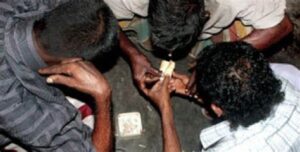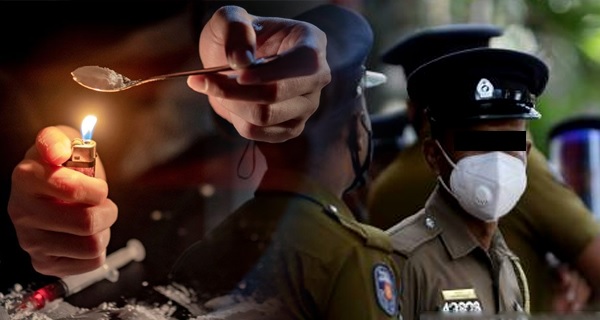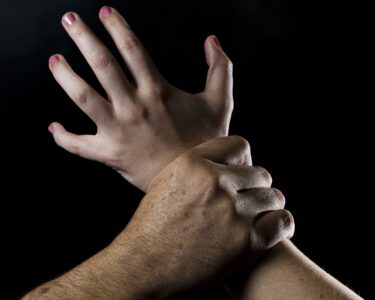Sri Lanka’s Battle Against Global Criminal Networks: Corruption, Asylum Laws, and International Extradition Challenges

Sri Lanka is facing a serious issue in bringing back organized criminals operating from overseas. Alleged summary executions of criminals by the Sri Lanka Police, tough human rights laws that protect asylum seekers, and corruption in Middle Eastern countries, which have allowed organized criminals to broker deals, are some of the hurdles the Sri Lankan police are facing.
There have also been reports of top-ranking officials in Sri Lanka’s defence and security establishment working hand in glove with organized criminals. Minister Tiran Alas recently revealed how he was offered a bribe to halt the extradition of drug lord Harak Katta, who later planned to escape from remand prison with the help of bribed police officers.
Extradition Treaties
As many as 45 Sri Lankan criminals, red-noticed by Interpol, are stationed overseas, mostly in the United Arab Emirates (UAE), and carry out organized criminal activities in Sri Lanka, a top police source said. The government has initiated action to trap and bring them back for prosecution in accordance with extradition treaties signed with these countries. Two suspected drug dealers were extradited from the UAE last week.
The suspects, 48-year-old Dinesh Samantha de Silva alias “Babi” from Nugegoda and 26-year-old Kankanamlage Dimuthu Chaturanga Perera alias “Samitpura Chathu” from Samitpura, were involved in recent investigations into the shooting incident at Club Wasantha in Athurugiriya. It has been revealed that notorious criminal Kanjipani Imran masterminded the attack with the assistance of other criminals identified as Loku Patty and Gonakovile Shantha, who are hiding in Dubai.
Meanwhile, some Sri Lankan criminals and drug traffickers have now relocated to France, India, Afghanistan, and Madagascar. Retired Senior Police DIG Priyantha Jayakody stated that criminals from overseas have been able to operate freely because the police and defense establishment have failed to maintain law and order within the country. He pointed out that although directives are given from abroad, the criminal acts are carried out within the country.







